By Kirsten Mickelwait
As UC Berkeley celebrates its 150th anniversary of admitting female students, it’s helpful to take a step back and look at how far we’ve come. Campuswide, nearly 53 percent of our undergraduate students are women, as well as over 46 percent of graduate students, and 42 percent of PhD recipients. Yet we still have far to go: Females represent only 32 percent of our faculty campus-wide.
We recently spoke with five of IB’s women faculty members to hear their stories and thoughts on gender equality in the department. Their candid responses were fairly unanimous: While Berkeley is a more progressive environment than many universities, it still has work to do.
What inspired you to pursue science?
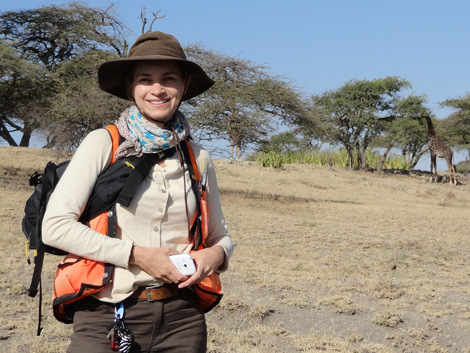 |
Leslea Hlusko, Professor |
Eileen Lacey: For as long as I can remember, I’ve known I wanted to do something with biology. My parents knew it too, because I was always outside mucking around with nature. What crystallized it for me was my female high school biology teacher, who told me that my interest in animal behavior could be pursued professionally.
Becca Tarvin: I grew up in rural Connecticut and spent quite a lot of time outside playing in a pond. Then I lost sight of my interest in nature and biodiversity until halfway through college. Standing in a hallway waiting for a class, I saw a news clipping on a bulletin board about a herpetology professor who studied lizards in the Caribbean. I almost have a visual memory of looking at that newspaper. I set up an appointment to talk with him, then began working in his lab. It just shows you how even haphazard interactions can guide you along your true path.
Leslea Hlusko: Taking a breadth requirement on human evolution, I did a field study in Northern Kenya. That’s when I decided: paleoanthropology. It was the geology walk, absorbing the antiquity and depth of time that those rocks had preserved, it spoke to my soul.
What were the biggest obstacles you’ve had to overcome as a female in your field?
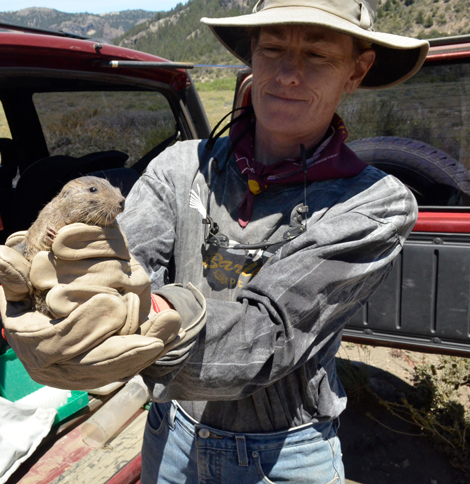 |
Eileen Lacey, Professor |
Ellen Simms: Clearly not having female role models. I didn’t have any goals because there weren’t any to be seen. I was raised as a feminist, so it was kind of a shock, when I reached my postdoc and junior faculty years, to realize how much that lack of role models had slowed my progress. I was pretty outspoken in graduate school and the faculty was very happy to see me finish. When an adjunct faculty member sexually harassed his female students, and even admitted it, I spoke up against his promotion, and it blew up the department. Years later, the faculty postponed my tenure. That’s how I ended up at Berkeley. When I came to Cal I was so exhausted, I just shut down and didn’t speak up anymore. But the reality is that the department here is much better than at any of my previous universities.
Caroline Williams: The main obstacles have been around financial and time constraints. I had my child during graduate school and became a single parent on a grad student stipend. Travel, seminars, and evening events are always difficult, because childcare is only offered during the day, if at all. It would have been extremely hard without my mother. Women and people of color also seem to have higher service commitments — to serve on committees, talk about work-life balance. Add to that the dependent care and housework, it just translates to less time for writing grants and manuscripts.
Lacey: I look at my male colleagues and many have partners who are relatively available to help with the logistics of life. As women, our partners all work and are often very consumed by their own careers and thus we often don’t get the same level of help with all the little things that have to be taken care of every day. In mammals, the responsibility for child-rearing is unequal — there’s a natural bias there. But that bias seems to extend to the workplace as well. I look around and see many of my female colleagues working hard to “take care of things,” thus fulfilling more service expectations than they should.
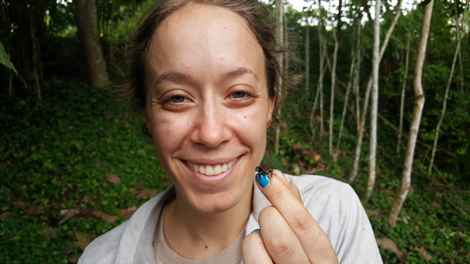 |
Rebecca “Becca” Tarvin, Assistant Professor |
Hlusko: It’s not just one thing. It’s all those little things that happen along the career trajectory. I remember interviewing for a faculty position at the University of Illinois. The previous candidate had apparently taken his wife and child to his job interview. Everyone was saying, “He’d be so great, he’s so family oriented.” But if I had brought my kid to the interview? I wouldn’t have gotten that job. Men can be so open about their parenting. It’s read in a whole different way when women are upfront about their childcare issues.
Lacey: As a biologist, I find it interesting but ironic that we acknowledge that males and females differ in all kinds of ways: neurochemistry, biology, behavior. But in a professional setting, we’re expected to put all that aside. The current system doesn’t fully account for the particular strengths that women bring to the equation. It’s not recognizing our often somewhat different style of interacting and conducting our work.
In your opinion, what changes are needed to attract more women to science and academia?
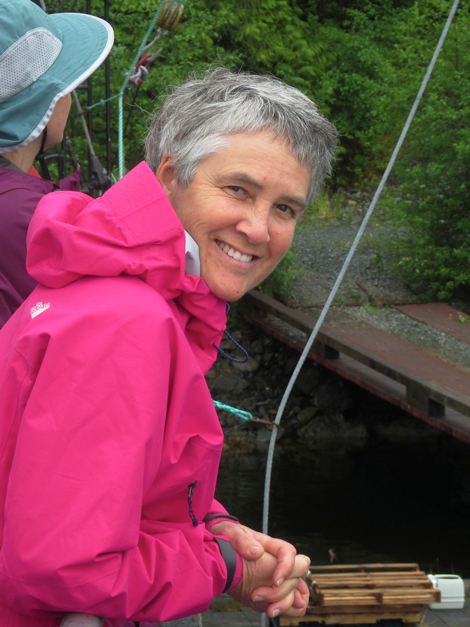 |
Ellen Simms, Professor |
Simms: We need more women coming in. When I started graduate school, 50 percent of students were women and that number is rising slowly, but it’s not reflected in faculty numbers, especially in elite institutions. I arrived at IB in the early 1990s, and it was 20 percent female faculty — it’s still only about 20 percent. We, the older faculty, are not doing enough to change the situation.
Tarvin: One of things I’ve struggled with is interpersonal conflicts in the field. Having implicit bias training and discussions about how power can affect personal dynamics would help. For example, one study shows that if the senior author is male, it’s extremely rare for the first author to be female. When the PI is female, 50 percent of first authors are female.
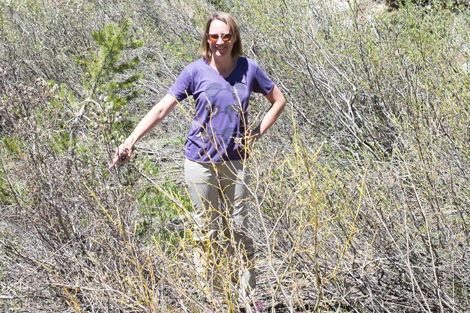 |
Caroline Williams, Assistant Professor |
Williams: Universities and scientific societies must think creatively about how to support those caring for dependents, so that they can fully participate in academic life. Because women are often primary caregivers, providing access to high-quality dependent care will level the playing field. Departments need to recognize the additional service and different contributions made by women and minorities, and factor that in for promotions.
Hlusko: Our grad students and postdocs see how hard it is for women in their department and don’t want to live that life. We have amazingly smart grad students — it’s sad that our culture might be scaring them off. It meant the world to me when Carol Christ was appointed chancellor. That representation really matters. Berkeley says it cares about diversity, so let’s walk the walk. It’s great to see when IB intentionally walks that walk.
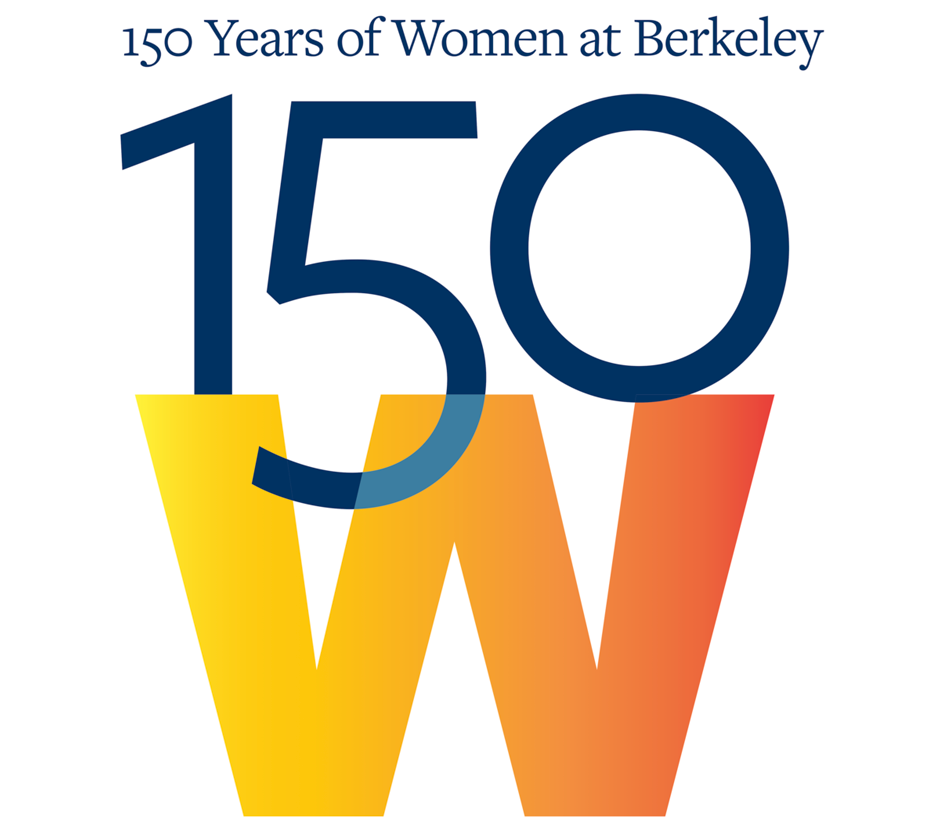 |
To learn more about UC Berkeley’s 150 Years of Women celebration, visit the website: https://150w.berkeley.edu/ |
Back to Main Spring 2020 Newsletter Page







